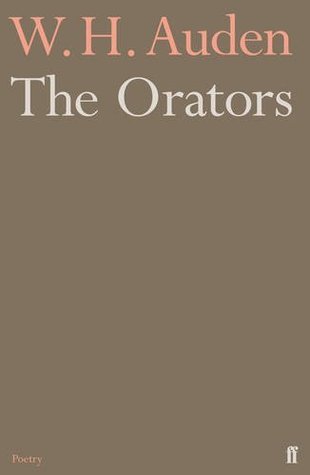What do you think?
Rate this book


112 pages, Paperback
First published January 1, 1932
O turn your head this way, be faithful here. The working mouth, the flimsy flexing knee, the leap in summer in the rubber shoes, these signal in their only codes. There is no other rendezvous for you to keep before the simple night (at night elopement is potty from the private drome. The little train will halt to pick up flowers.)
[46]